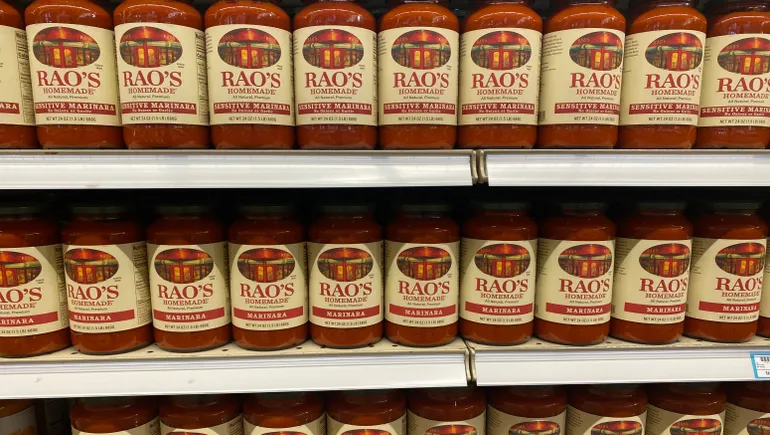Food and beverage companies are taking a cautious approach to mergers and acquisitions (M&A) this year, opting for smaller deals that focus on building exposure in key categories like better-for-you snacks and functional drinks. Giants like Kraft Heinz and Molson Coors are prioritizing strategic acquisitions that align with their growth strategies and financial goals.
In recent years, the food industry has seen a shift towards smaller “bolt-on” deals, as companies aim to avoid the pitfalls of large, transformative transactions that have failed to deliver expected results in the past. This more disciplined approach has led to a focus on targeted acquisitions that complement existing portfolios and drive incremental growth.
Molson Coors, for example, has been pursuing a “string of pearls” strategy, acquiring brands in categories where it has limited presence and can leverage its scale to expand the business. Recent deals include investments in nonalcoholic carbonated mixer Fever-Tree and better-for-you energy drink Zoa, demonstrating the company’s commitment to diversifying beyond traditional beer offerings.
Similarly, companies like Campbell’s, PepsiCo, and Hershey have engaged in billion-dollar deals to fill gaps in their portfolios and drive growth. These strategic acquisitions have helped these companies strengthen their balance sheets and position themselves for future success in a competitive market.
At the Consumer Analyst Group of New York’s (CAGNY) conference, industry executives highlighted the importance of M&A in driving growth and enhancing portfolios. With a focus on bolt-on acquisitions that support organic growth strategies, companies like Kraft Heinz and Hershey are poised to continue expanding their reach and offerings through strategic deals.
Looking ahead, industry analysts predict an uptick in M&A activity as companies seek to capitalize on lower interest rates, consumer demand for innovative products, and the need to improve margins in a challenging economic environment. Opportunities for acquisitions in categories like snacking and plant-based alternatives are expected to drive dealmaking in the coming months.
Overall, the food and beverage industry is navigating a shifting landscape of M&A activity, with companies prioritizing smaller, strategic deals that align with their growth objectives and financial priorities. By focusing on targeted acquisitions that complement existing portfolios and drive incremental growth, companies are positioning themselves for success in a competitive and evolving market.


